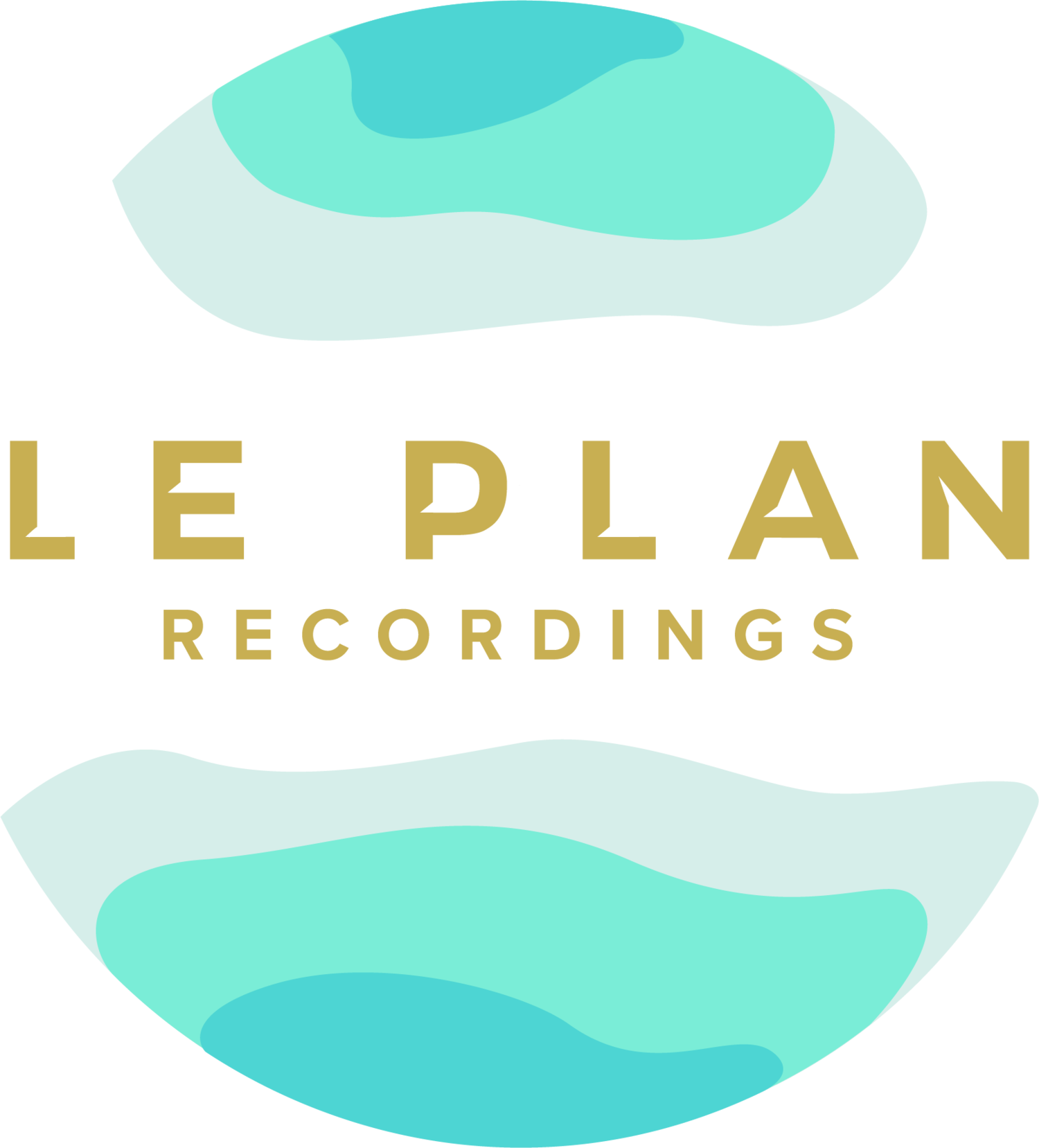JOON MOON
With their debut album Moonshine Corner, Franco-American band Joon Moon present an elegant, discerning retro sound they’ve built quite literally from the ground up – producing it in their custom-designed Studio 237 in Paris. “We wanted total freedom to produce the music as we liked, without rushing during the sessions,” explains Joon Moon’s primary songwriter, Julien Decoret. “So Studio 237 was built in 2015 over four months of hard work by our hands.” Their analogue approach lends an authenticity to the project that harkens back to the legendary jam sessions of L.A.’s Wrecking Crew and Motown’s Funk Brothers, but with a modern, world-travelled twist.
Decoret met his co-producer, drummer Raphael Chassin, in 2005 on a recording session for French electropop band La Boetie. Eventually, both toured with Bossa Nova new wave cover ensemble Nouvelle Vague. Both came from musical families; Decoret’s early forays into musicianship arrived via classical guitar and the influence of his flamenco-playing father, while Chassin idolized the American bands that performed in his parents’ small private jazz club in Never.
“We always start the same way: recording piano and drums, then bass, keyboards, vintage organs, and voice,” says Chassin. “The initial structure is all Julien’s influence. He loves classical music, which shows in the way he writes string arrangements.”
“There’s my influence, but also Raphael’s influence,” adds Decoret. “Even though he’s not directly writing the notes, he’s got a real artistic vision. I know jazz records, I know Motown, but it’s not my culture. He finds a way to open the doors, to influence me.”
The duo initially tapped longtime friend and “Fade Out Lines” vocalist Phoebe Killdeer to write simple lyrics that would cleverly hint at broader, more universal themes within the duo’s heartfelt, jazzy melodies, like the yearning, romantic ode to faded love, “Call Me”. But Killdeer’s solo success pulled her away from Joon Moon, and so Decoret and Chassin found themselves in search of a new singer, one who could translate the soul, depth, and drama of Bill Withers or Nina Simone to Joon Moon’s modern-retro aesthetic.
No match could’ve been more perfect for this than Krystle Warren, a Paris-based, Kansas City-born expat with gospel roots who moved to France in 2008 to promote her first solo record, Circle, having worked with such wide-ranging acts as Rufus Wainwright and Hercules & Love Affair. With her androgynous, smoky contralto, Warren is a dead ringer for the likes of Simone, as well as husky-voiced pop stars like Sade. “The first time we heard her voice we were almost crying,” Chassin remembers. “She’s got something really special which you don’t see so often with other singers,” agrees Decoret. “Usually with Krystle you don’t need more than two or three takes on a song. It’s as if she were hearing it before the songs are written. She breathes the music.” Live, she brings an effortless, commanding power to the stage; Joon Moon wowed audiences at this year’s KCRW Austin City Limits SXSW showcase, as well as Los Angeles’ infamous School Night! parties, where the band made their U.S. debut.
Like Radiohead, Joon Moon seek to infuse each of their songs with an otherworldly aura courtesy of their unusual choices in arrangements and instrumentation, but their universal lyrical themes bring them swiftly back to earth. “We believe in the songs we record, we believe in this voice with incredible force, and we try to show this as simply as we can,” says Decoret “We’re not concerned with what the market wants, we are just doing what we love with the instruments we love in a studio we built with our hands. Even with our different influences, we are totally honest in the way we produced this record.”



